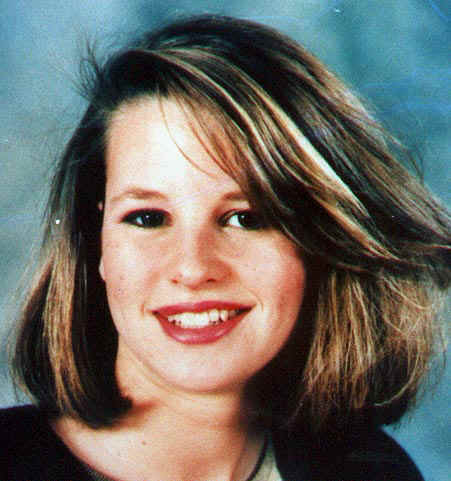On Rejection
/

I've been watching a young writer friend go through the tumultuous, difficult, heart-rending process of querying her first YA novel. She's been rejected half a dozen times now, but not form letters. The rejections have been constructive, and have changed her writing. She's taken each letter, carefully listened to the suggestions, gone back into her manuscript and tightened, revised, fixed. Several agents has offered to reread the manuscript if revised, or to submit new material.
I've been watching her work, and trying to help, to guide, though I know she is truly on this journey alone. It is her baby. It is her feelings hurt. It is her spirit that must survive the onslaught of people saying you're good, chick, you're really good. You're just not quite good enough for me, right now.
Right now.
Two very little words, that equal hope.
Right now means you've got talent, sister. You can turn a phrase and make it weep. But you need to keep tightening, keep revising, keep making that book as good as you can make it, and then send it out again. Which, in all facets, is rather uplifting. Revision is the writer's greatest asset, our finest tool. If you can't revise, you can't write.
Listen, getting rejected sucks donkey butts. There's no two ways around it. But it is also a part of the process. New writers often think that once you make it through the "doors" into the publishing world, by landing an agent and a deal, you never face rejection again.
Oh, darlings. If only that were true.
Not a lot of published authors talk about it, but we get rejected all the time. A proposal doesn't work. A reviewer slams us. Our agent doesn't like the new direction we're headed. Is it as sting-ey as those first few rejections when you start out? Actually, yeah, it is. It may almost be harder because you've done it before, once, or twice, or twenty times, and suddenly, all stop, now, this doesn't work for us can be very demoralizing.
I did a piece on rejection early on in my career. Back when I thought that once I was through the doors, the rejections would magically disappear. I share it with all of you again, simple because it bears repeating. Rejection happens. It's how we deal with it that defines us. I've pulled this from that piece. Hope it helps.
Rejection Do's and Don'ts
Do – Give yourself permission to be upset when a rejection comes. If a piece of chocolate or an ice cream cone will make you feel better, then have it. Enjoy a drink with friends. Be social.
Don’t – Comfort yourself with destructive behaviors, like going out on the town and ending up blowing in a tube. It’s just a rejection letter, not the end of the world.
Do – Go for a walk.
Don’t – Burn your manuscript, shred your notes, and delete all the files on your computer. Seriously.
Do – Take a day off from writing and read a book.
Don’t – Call all your friends and tell them you’ve decided not to be a writer anymore.
Do – Step away from the computer for a few hours, allow yourself a break from the cycle.
Don’t – Call the originator of your rejection to ask why they didn’t like your project. Really, that’s just not a good idea.
Do – Reorganize your office.
Don’t – Quit writing.
Do – Something productive that will allow you to feel better. My personal favorite? Staples therapy. New pens always put me in a better mood.
Don’t – Give up. We’ve all been there. Commiserate for a day, then get back to it.There will be more rejections in your life. But if you persevere, there will be bigger triumphs in the end.






